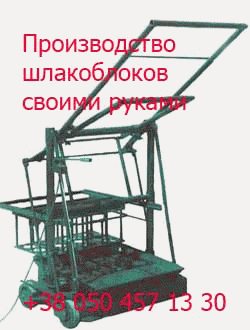Selection of the proper catalyst and the amount to be used for any application depends on the resin, the temperature at which the resin is to be cured, the required working or pot life, and the time of gelation. No catalyst is available that can meet all the requirements. Therefore, combinations of catalysts, or of catalysts and accelerators, must be used to obtain the best results.
When it is necessary to start and even cause a complete cure at lower temperatures so that the polymerization heat can readily be dissipated, methyl ethyl ketone peroxide (MEKP) is the catalyst generally used. It does not lead to a full cure by itself at ambient temperatures. However, with the addition of an accelerator, the catalyst will cause gelation and almost complete cure within short periods of time, depending on the percentage of each used with the resin. From 0.5 to 2.0% of MEKP and 0.1 to 1.0% of cobalt naphthe — nate accelerator can be used, depending on the desired working time of the resin.
It is important that special care be taken to avoid the contamination of organic peroxides with accelerators or promotors used in polymerization reactions. These materials should never be added directly to one another or consecutively to a resin unless one ingredient is thoroughly mixed in before adding the other. In some cases, vigorous or explosive decompositions may result if direct contamination occurs.
 2 сентября, 2015
2 сентября, 2015  Malyar
Malyar  Опубликовано в рубрике
Опубликовано в рубрике 